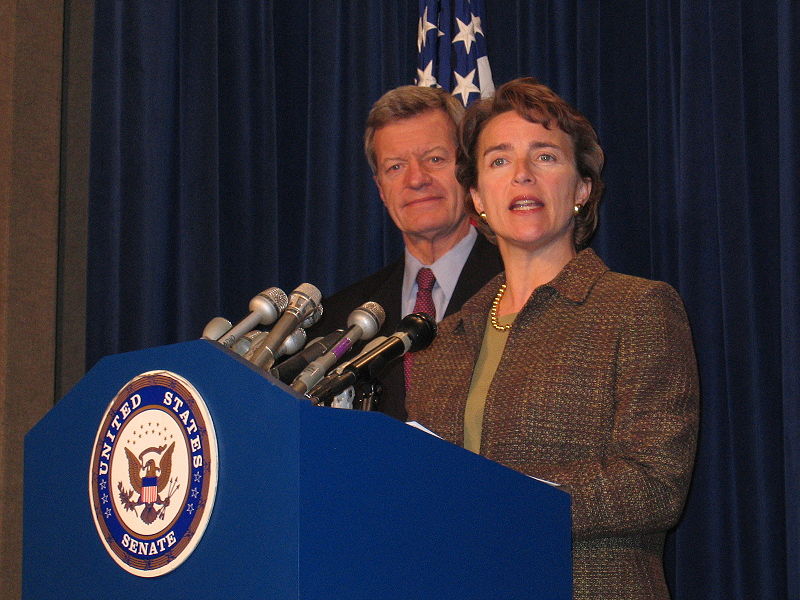A New York Times piece by Andrew Rice about the economics of Internet startups gives a seemingly accurate and sad account of the state of information, which was once known […]
All Articles
Australian vet Gabor Vajta predicts that as has occurred with cattle, artificial human reproduction will become 100 times more efficient than sex.
Psychologists are finding humans have an innate tilt towards what they call “egalitarian motives” or “inequity aversion” — we’re all Robin Hoods at heart.
Students and professors of business are considering a Hippocratic Oath for MBA students in response to the out and out amorality perpetuated recently in the name of business.
Though currently too expensive for mass production, new computing technology is replacing electrons and copper wiring with photons that can carry information at light speed.
A new debate is rising in education about the extent to which science and religion are compatible and how the limits of science, if there are any, should be taught in the classroom.
Psychologist Stephen Diamond writes that the recent string of violence across China could be related to personal stress brought on by the financial pressures of a more competitive economy.
Richard Posner and Gary Becker account for the sluggish economic recovery with reference to the housing market, mounting public debt, fear of regulation and the E.U. debt crisis.
Financial firms on Wall Street habitually recruit professional poker players to their ranks because of players’ calculating abilities and tolerance for risk.
Facing rising tuition rates, a growing number of economists and educators think more vocational training could help American students to find gainful employment.
Steve Chapman defends the right of suspected terrorists on the no-fly list to buy guns on Second Amendment grounds and because the list is notoriously fallible.
“Here we are now,” Kurt Cobain intoned in 1991 on Nirvana’s Nevermind album, “entertain us.” With that catch phrase, the entire genre of grunge rock launched itself into the cultural […]
The country’s six largest banks have hired more than 240 former government officials to lobby Congress as it debates regulating the financial industry. That’s according to a new report (pdf) […]
Flash question: does the Internet help dictators or undermine them? Now how about a slightly different question: does technology empower Big Brother or destroy it? Ad finally, what’s the difference between a dictator and Big Brother?
As the wake of destruction trailing the Gulf oil spill continues to look increasingly dark, I can’t help but think back to the speech that Interior Secretary Salazar made when […]
So we all know that institutions are conservative by their nature as are the old people who typically occupy their venerable posts. The American Presidency is no exception and Obama, […]
Inadequacy, rather than being shameful, can be a healthy emotion in romantic relationships when it motivates partners to care more for each other.
“To support growth in the next decade, we need to nourish our walkable urban spaces and neighborhoods” with accessible public transport and quality infrastructure, writes the Atlantic.
“It seems sensible to make every effort to enlist the body’s own ability to heal itself—which is what, at bottom, placebos seem to do,” writes the Boston Globe.
The Economist, while recognizing Obama’s tech savvy, is critical of his pessimistic view that new communication technologies distract the public rather than empower it.
The National Review writes that the U.S. is better poised to overcome the global recession than Europe because America encourages more risk taking and ingenuity.
In the wake of the financial crisis, many new metrics are being proposed that will measure living standards in a new and different way from the conventional Gross Domestic Product calculation.
While raising a child should be done with love and care, we need not think a few bad “formative years” dooms someone to a dysfunctional or psychologically tormented life.
“Regulations that raise the price of a new car shut some buyers out of the market. So tougher federal rules may have the perverse effect of leading to more traffic fatalities,” writes Steve Chapman. “
Using virtual reality, scientists in Europe put men in females’ bodies to measure how our own physical appearance affects our thoughts and behavior.
Robert Fisk writes that the Canadian government is complying with unfair American actions to ban journalists from reporting on the Guantanamo Bay military prison.
When we think things out, it is usually on paper. Writers scribble random thoughts on scraps near at hand and mine those jotted flashes of insight later for fuller, more […]
It is a sad state of affairs when I have to read down the blogroll on my personal blog to see any recent mention of the flood that just devastated […]
Sen. Blanche Lincoln (D-AR) is in trouble. She is struggling to survive a primary challenge from Lt. Gov. Bill Halter. Now it looks like she may be headed to a […]
Over the past couple of years, marine sustainability has risen to the top of the environmental movement’s concerns. But in a supply/demand market economy, our seafood choices as consumers have a significant impact on the issue. So how can design help consumers make smarter, more sustainable seafood choices?









